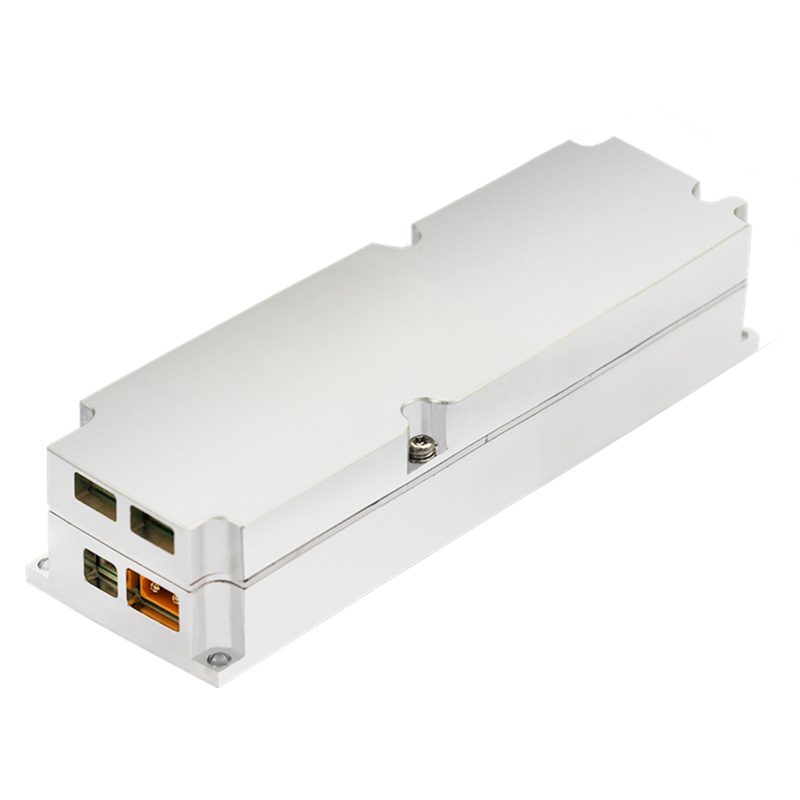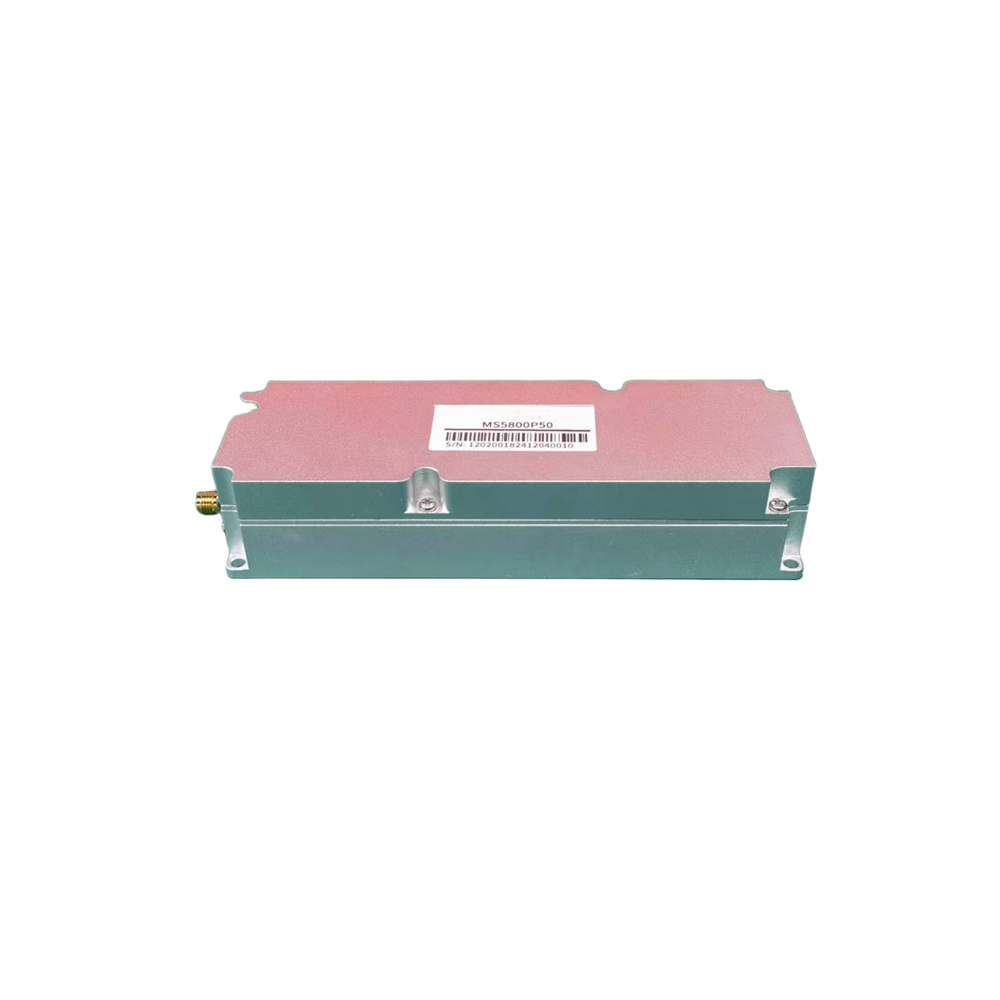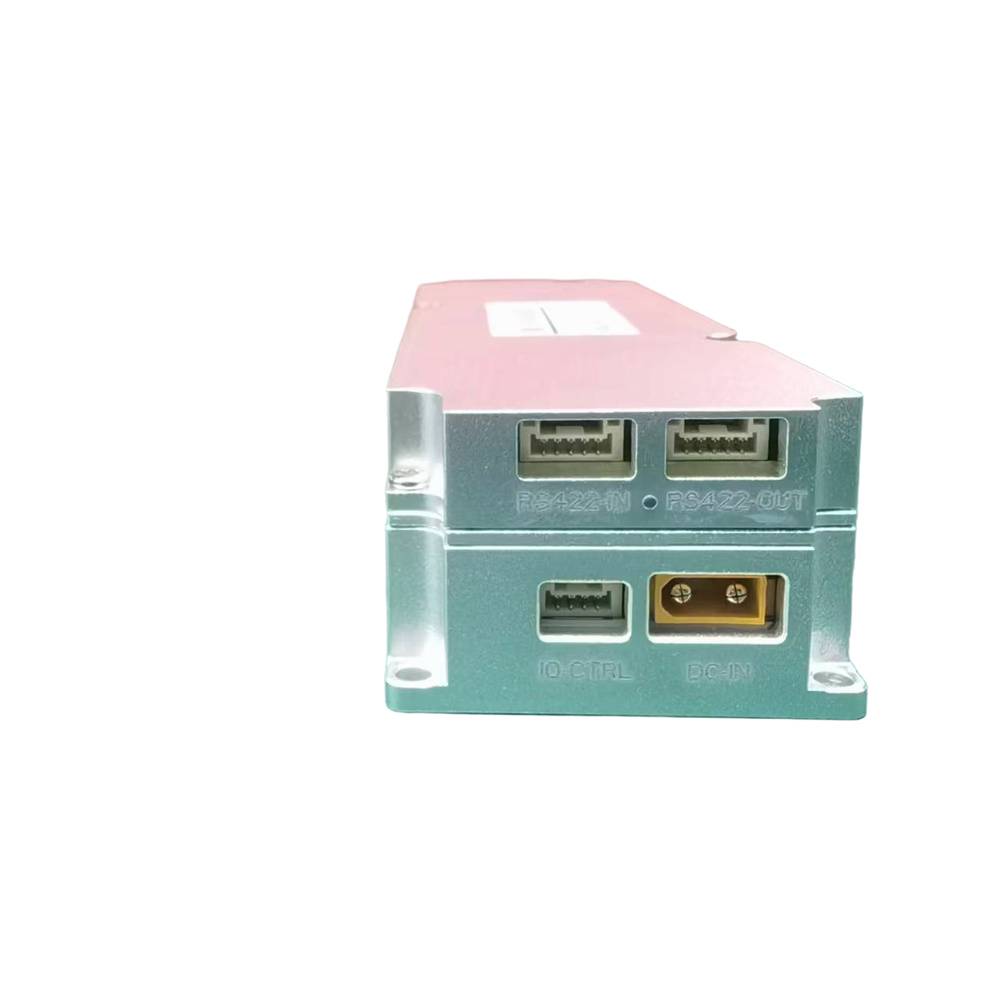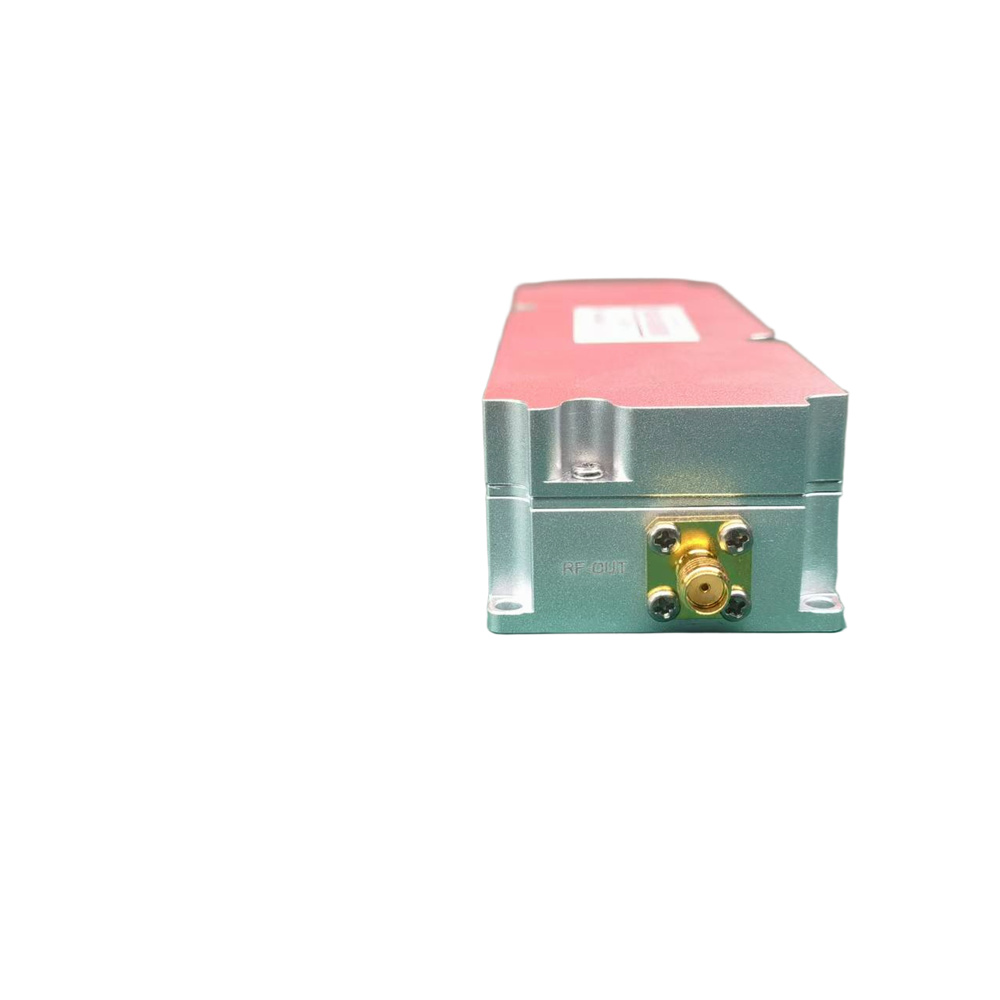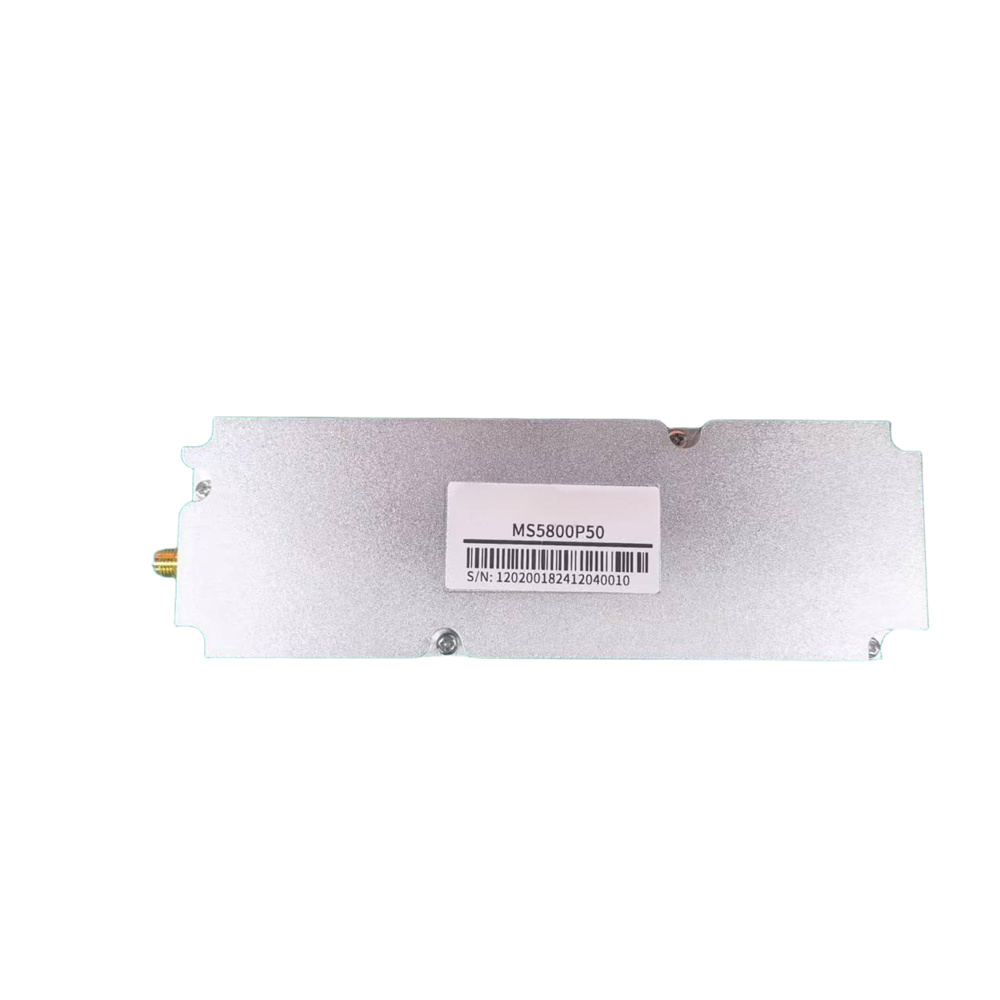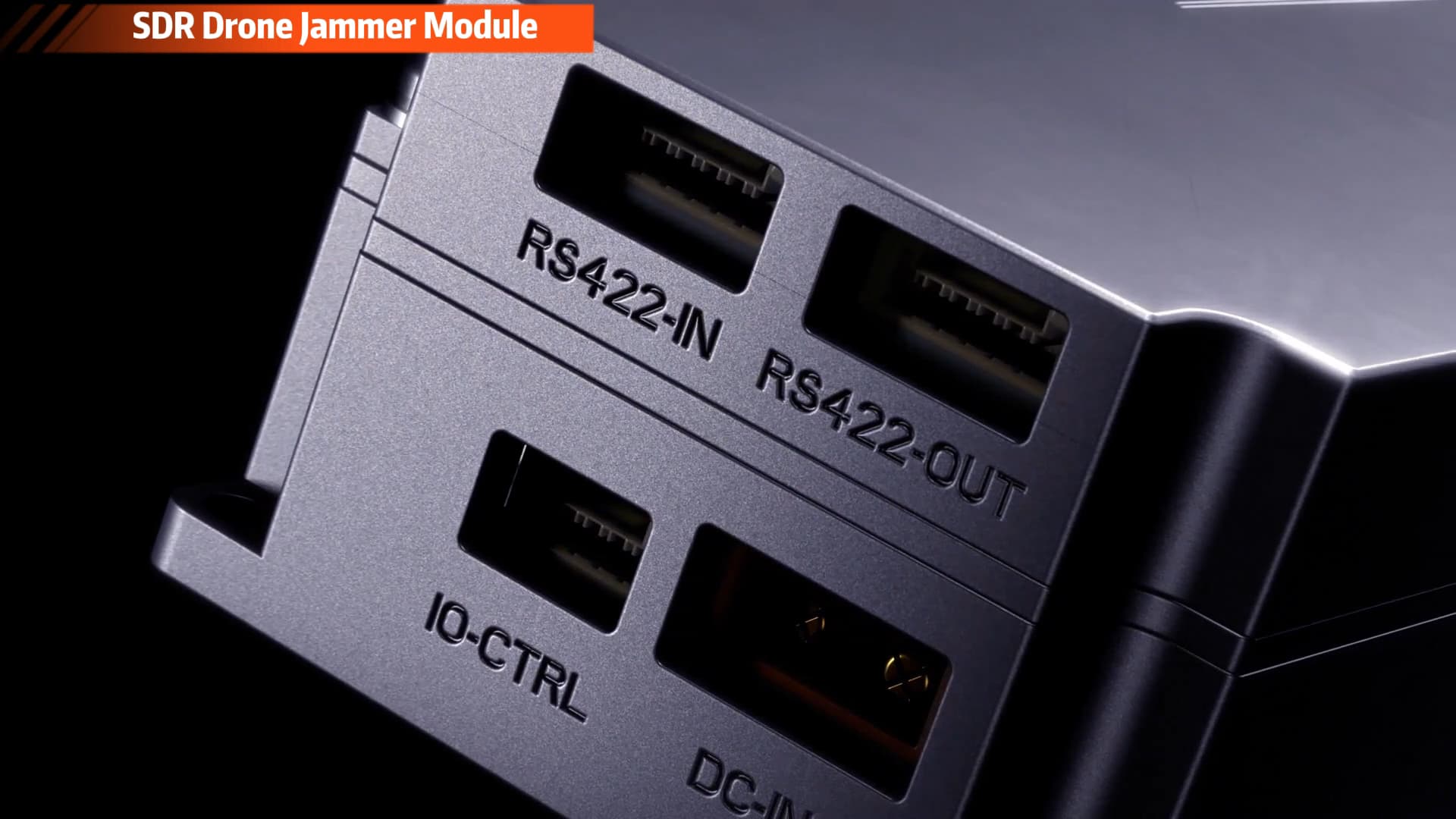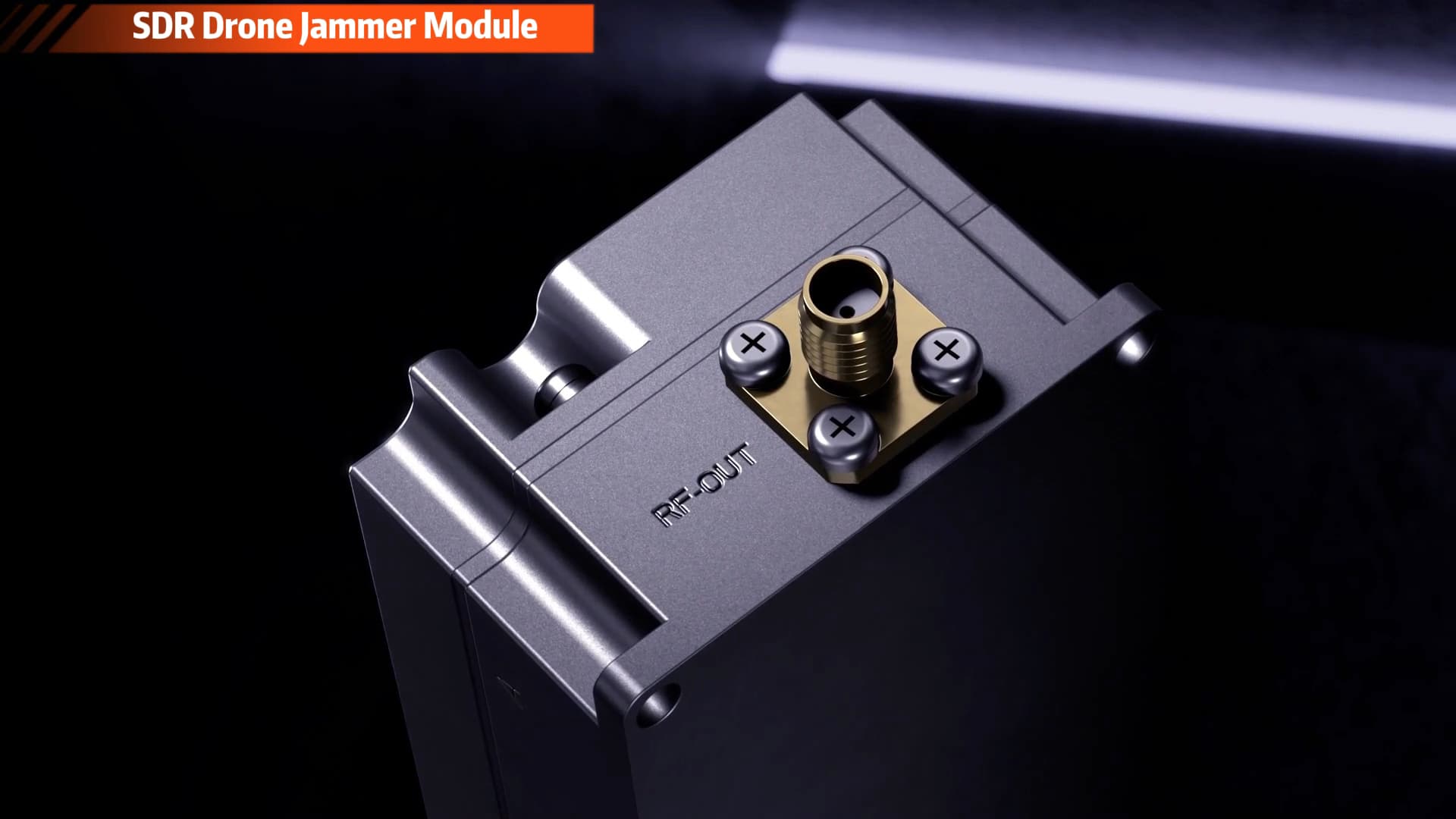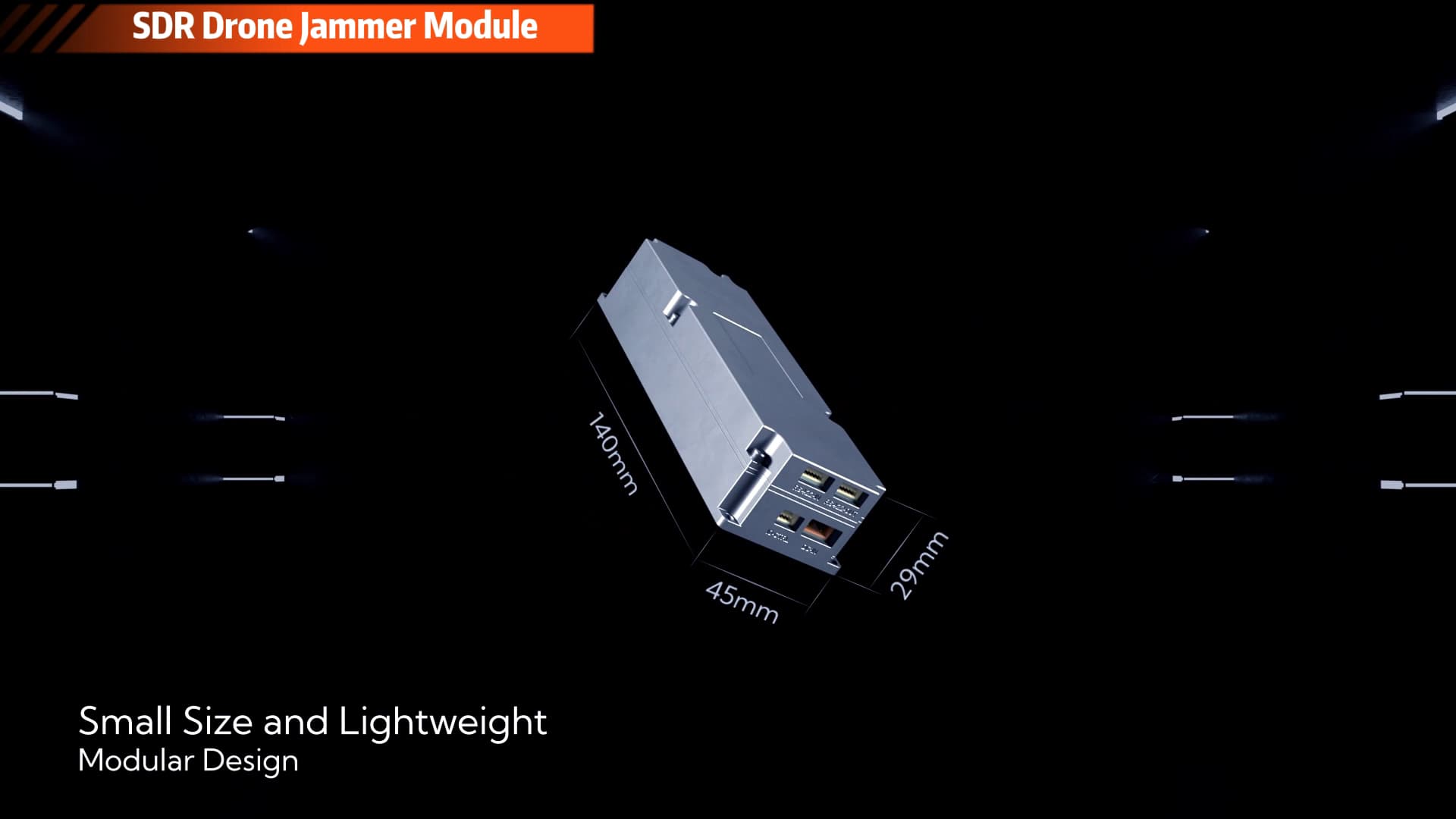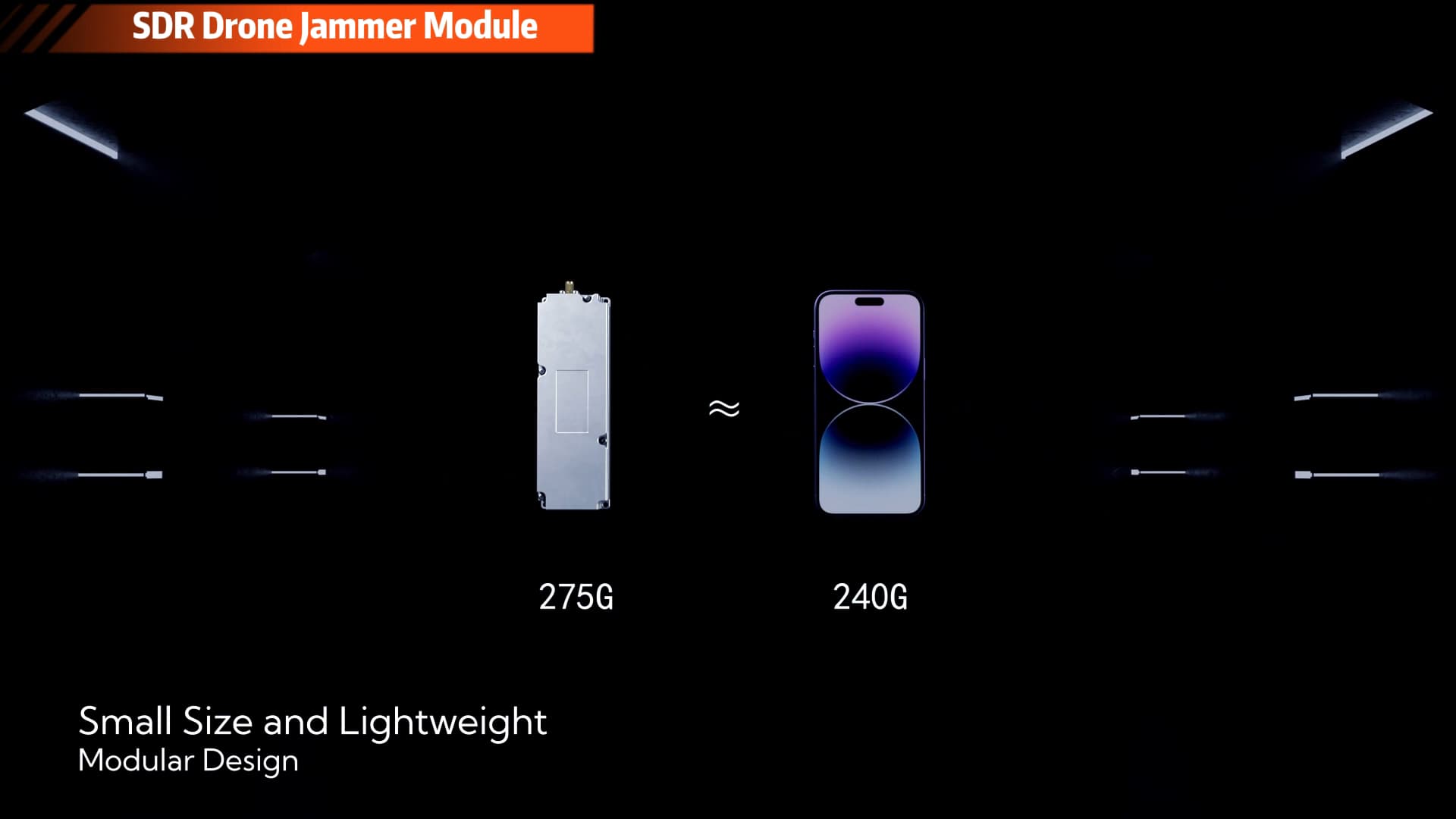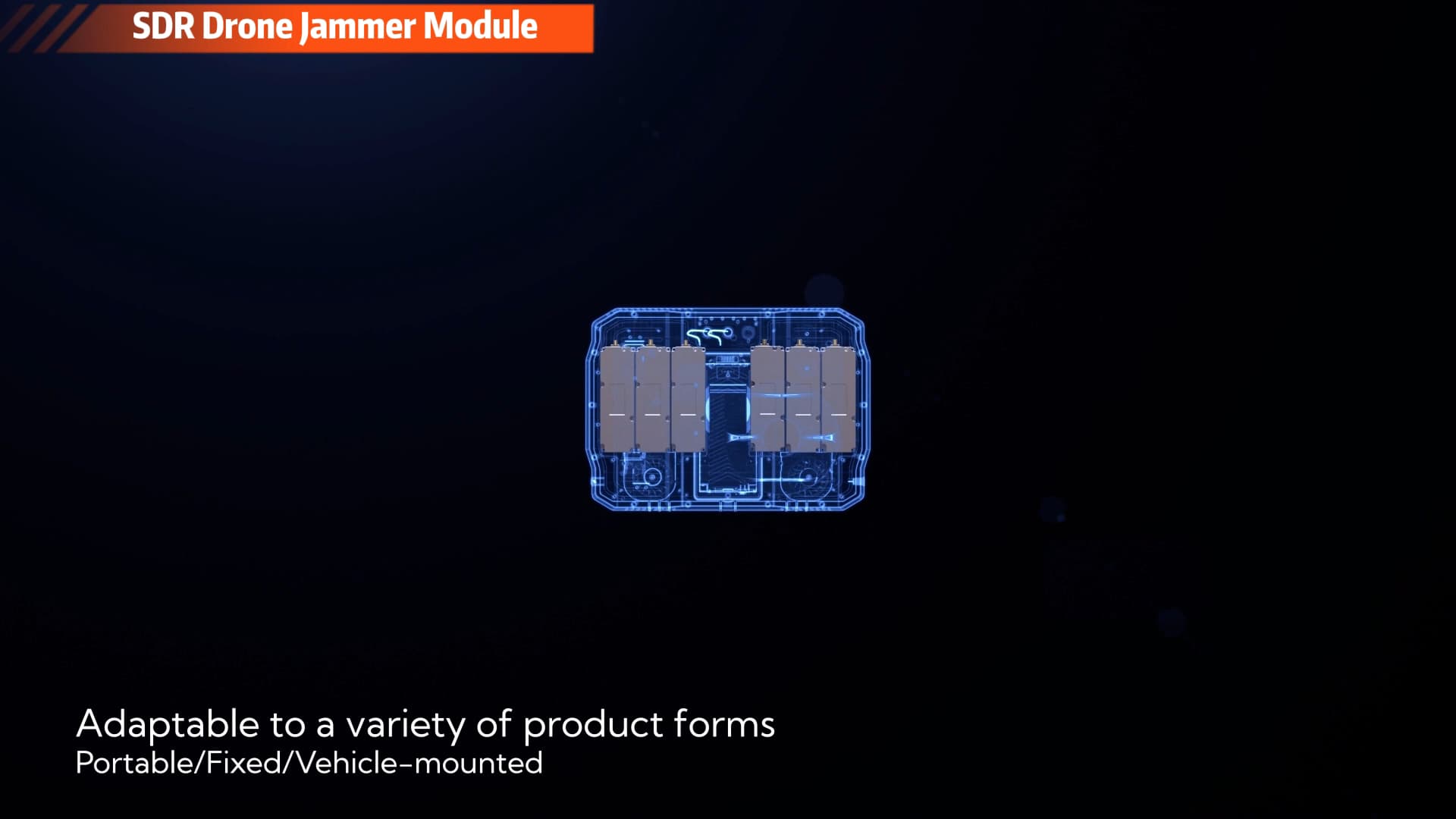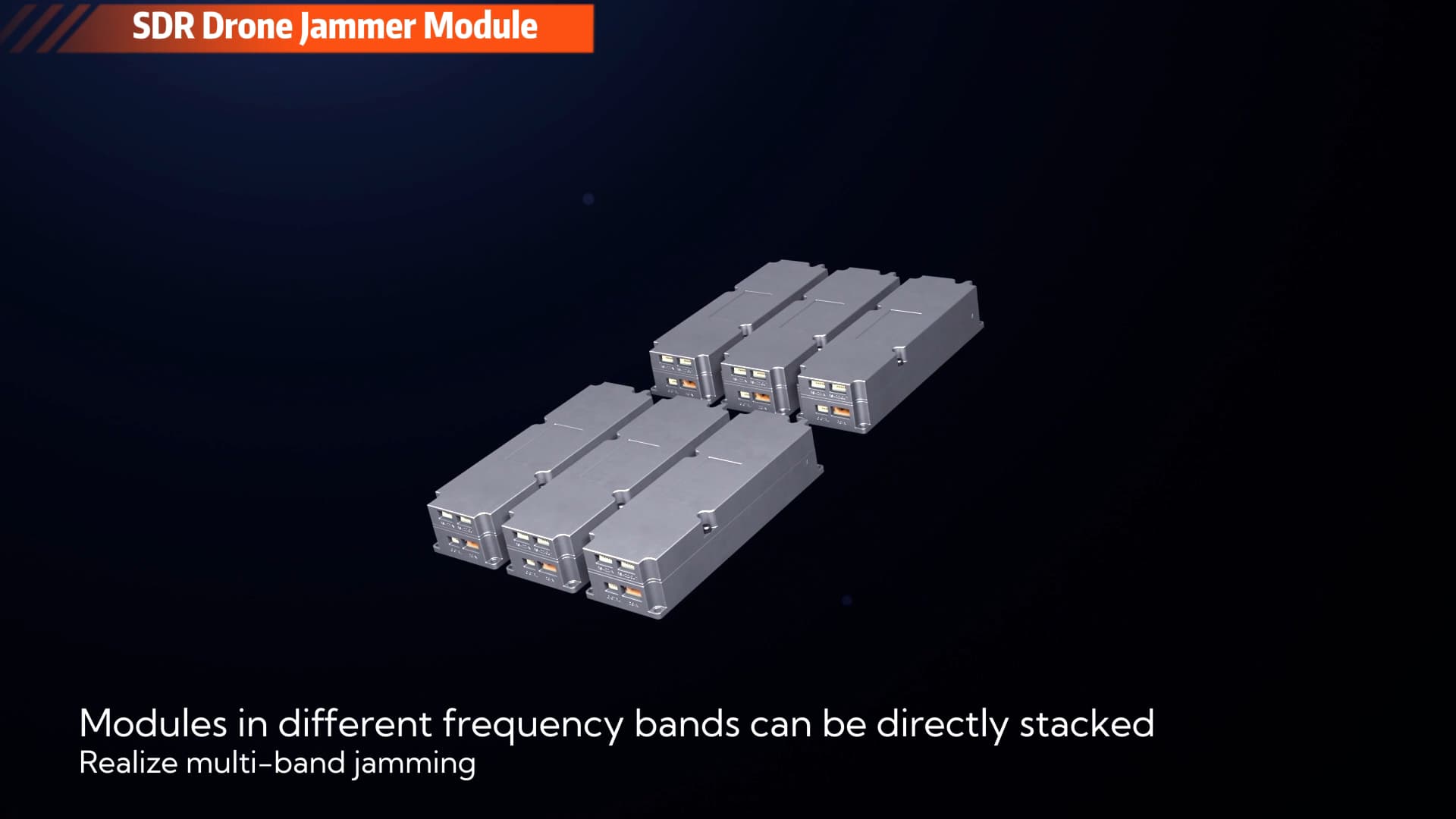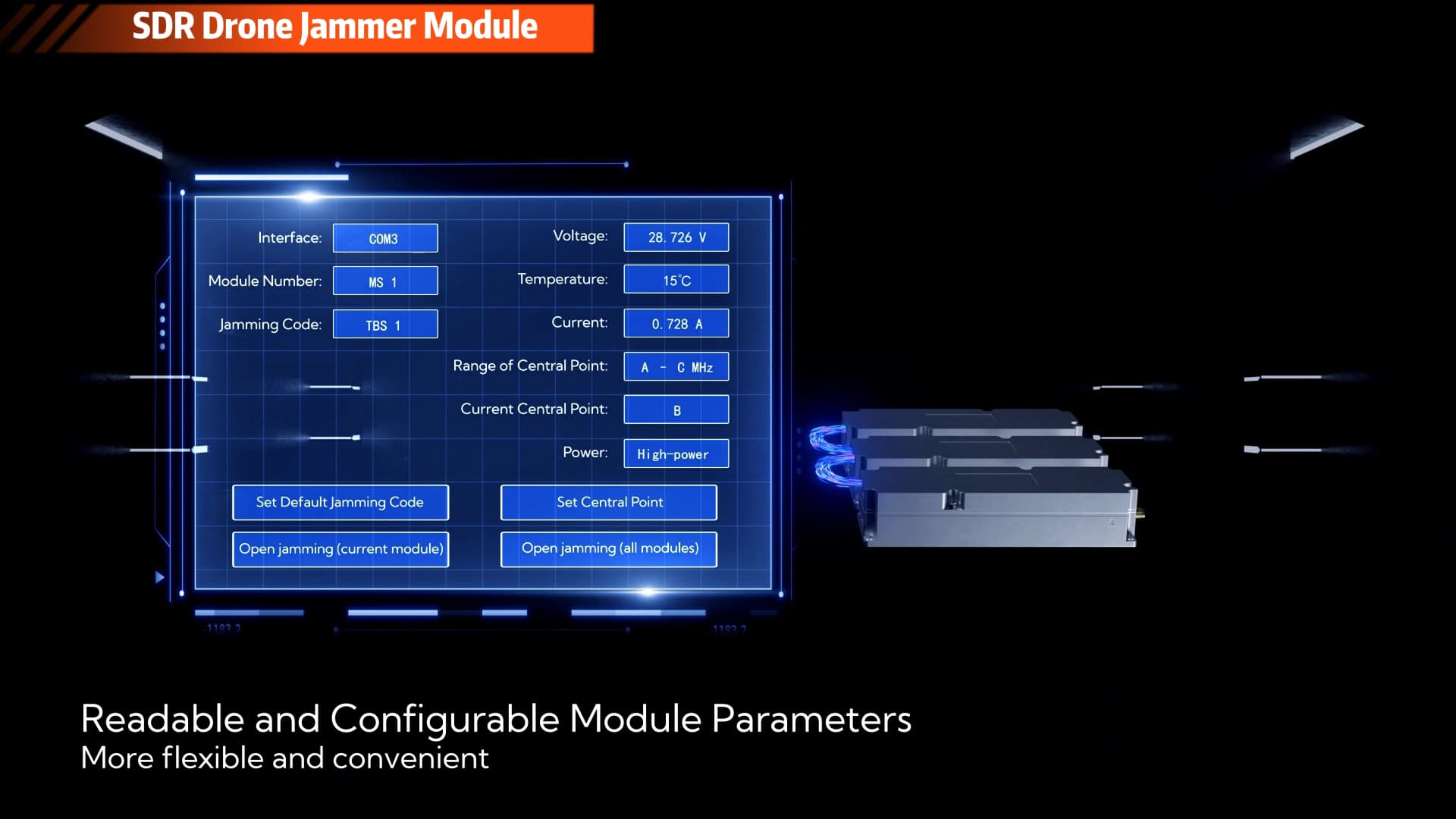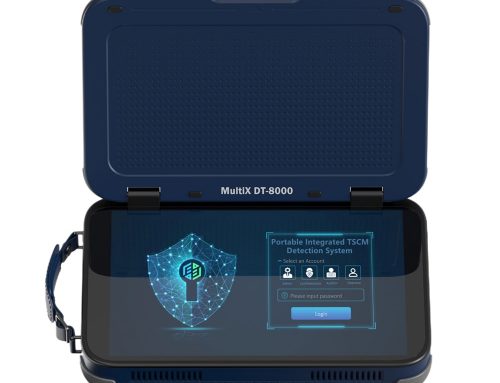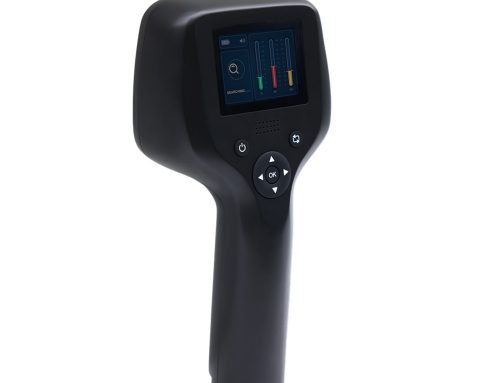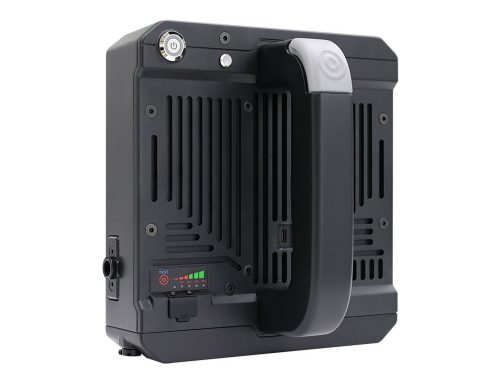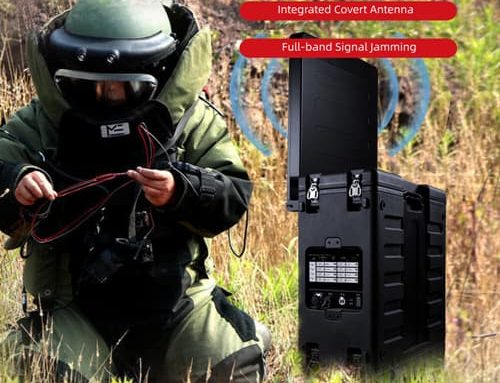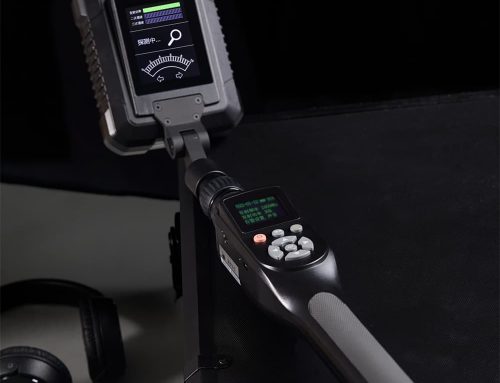SDR Counter UAV Digital Module
General Configuration
√ SDR Technology
√ 100Mhz to 6000Mhz Wide Radio Frequency Range
√ Low power output, 25W/50W, Hight Efficiency Utilization Rate
√ Small and light weight for easy system integration
Software Define Radio Architechure, Easy for Software Upgrading
Chat with iSecus on Whatsapp

Description:
SDR UAV Counter Digital Module is a general-purpose digital RF module based on software radio architecture, which contains two major parts: digital source and power amplifier unit. The digital source part of the FPGA can generate UAV jamming code signals with different digital modulation methods, which are converted into RF signals through the SDR platform and amplified by the power amplifier. The digital source meets the frequency range of 100MHz~6000MHz output, the bandwidth of 200MHz arbitrary configuration, with accurate frequency characteristics. The module can select the corresponding digital modulation jamming code for different UAV types to achieve the best counter effect, supporting ELRS, Crossfire, Flysky, Ocusync, Lightbridge, skyleas and othercommon protocols for effective jamming. Small form factor, flexible port, simple integration.
Advantages:
✪ Effective for Various UAVs: Generating interference source signals with different digital modulation methods, supporting common protocols such as ELRS, Crossfire, Flysky, Ocusync, Lightbridge, and Skyleas. It has great jamming effect on FPV Drones.
✪ Low Output Power: Generate specific interference codes for different UAVs, achieving longer effective interference distance with lower output power.
✪ Easy to Integrate: Modular design, easy to integrate, enables devices to quickly support UAV countermeasures.
✪ Investment Protection: Based on SDR architecture, algorithm upgrades can be done through software, without hardware replacement.
Spec of SDR Counter UAV Module:
| Item | Parameter | Remarks |
|---|---|---|
| Input Voltage | DC: 28-32 V | DC_IN (XT30 connector) |
| Input Current | 4.5A Max | |
| Output Power (CW) | P25: 25W Max(44dBm) P50: 50W Max(47dBm) | 10 dB dynamic adjustment range (422 port mode) |
| Output Dynamic Range | 10dB | |
| RF Output Port | SMA | RF output |
| RF Port Impedance | 50Ω | |
| Standby Power Consumption | 5W | |
| Communication Control Port | RS422 / GPIO | Two control modes |
| Module Dimensions | 45*140*29mm | without connectors |
| Module Weight | 275g±10g | Without external cables |
| Operating Temperature | -40℃+55℃ |
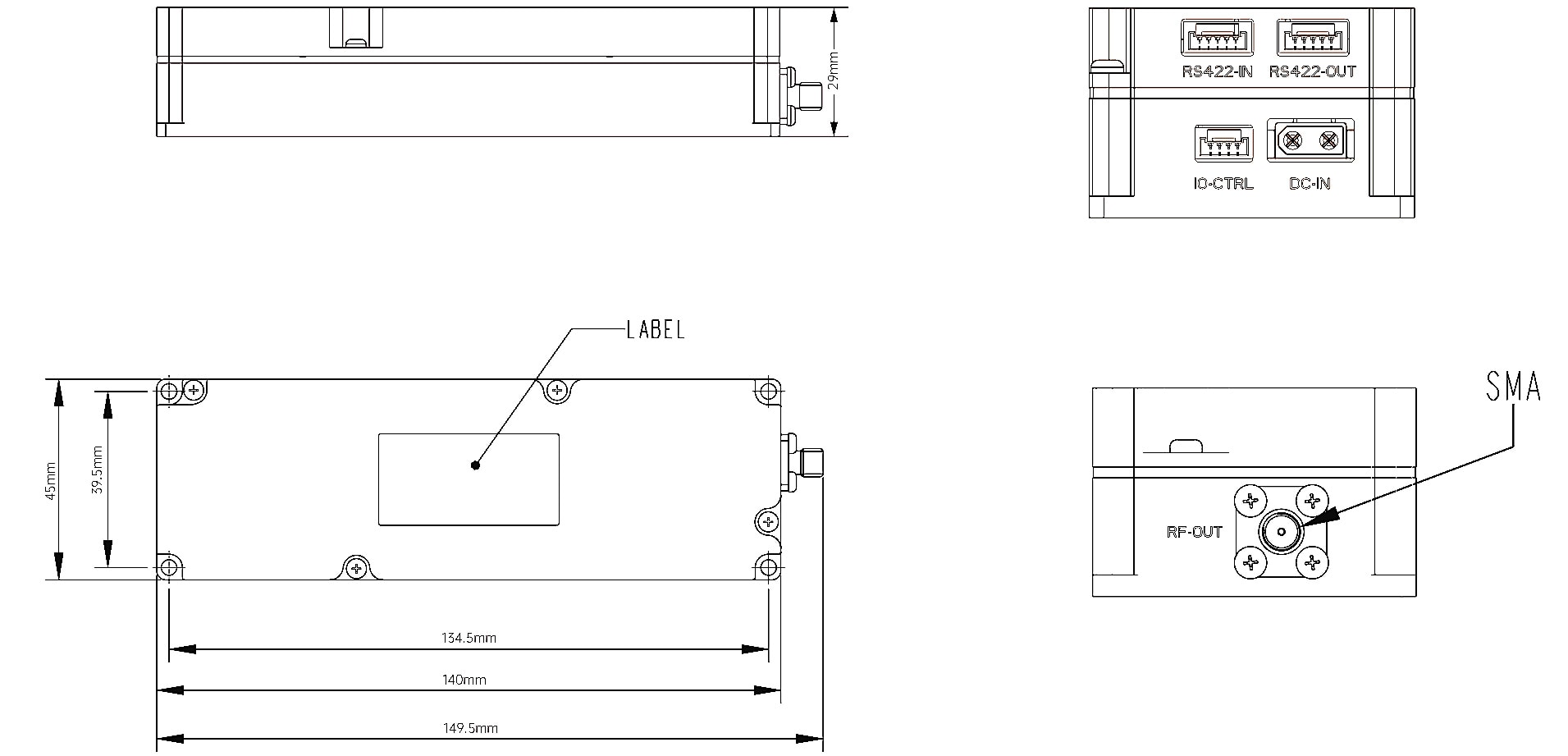
Performance Spec of each SDR Counter UAV Module:
| Module Model | Max Bandwidth | Max Output Power (Continuous Wave) |
Efficiency (Continuous Wave) |
Remarks |
| MS0400P25 | 100MHz | 25W | >50% | |
| MS0868P50 | 200MHz | 50W | Default output 860~885MHz jamming signal | |
| MS0900P50 | 50W | Default output 860~930MHz jamming signal | ||
| MS0915P50 | 50W | Default output 902~930MHz jamming signal | ||
| MS1200P25 | 25W | Default output OFDM jamming code | ||
| MS1400P25 | 25W | Default output of GPS, BDS, GLONASS, Galileo navigation jamming codes |
||
| MS1600P25 | 25W | |||
| MS2400P50 | 50W | >45% | ||
| MS5200P50 | 50W | |||
| MS5800P50 | 50W |
A deep understanding of the SDR Counter UAV Digital Module
Introduction on the SDR Counter UAV Digital Module
How does the Counter UAV Module Work?
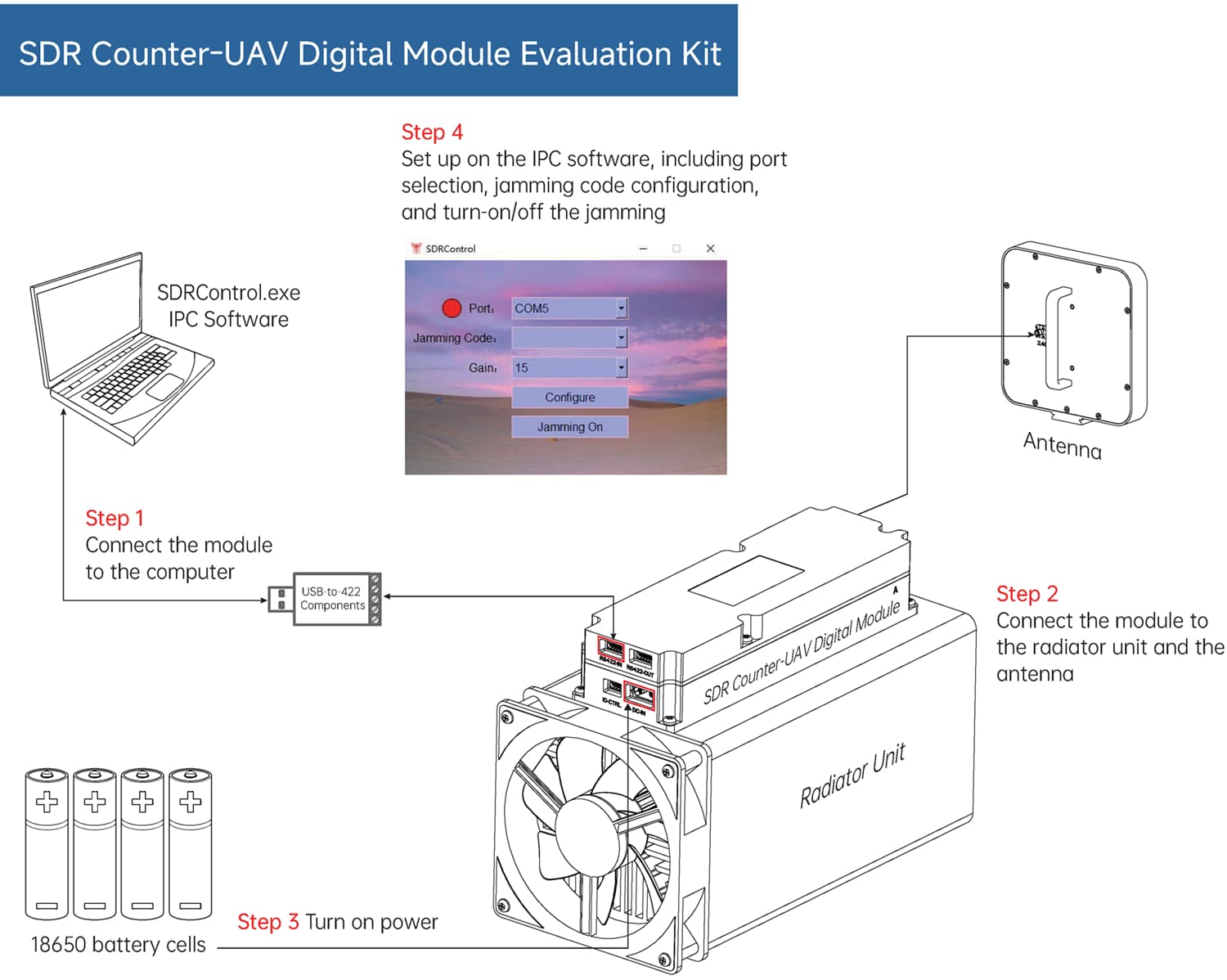
Module Selection Guideline
| Jamming Code | Jamming Targets | Applicable Modules |
| TBS_868 | Team-BlackSheep FPV (868MHz) | MS0868 / MS0900 |
| TBS_915 | Team-BlackSheep FPV (915MHz) | MS0900 / MS0915 |
| ELRS_915 | DIY FPV (ELRS 915MHz) | |
| TBS_868+TBS_915 | Team-BlackSheep FPV (868M&915MHz) | MS0868 / MS0900 / MS0915 |
| TBS+ELRS | FPV with 868M&915MHz of Team-Black Sheep+ELRS protocols | |
| ELRS 2450 | DIY FPV (ELRS 2.4GHz) | MS2400 |
| ELRS 2450A | ||
| OFDM | Conventional low-slow-small UAV | MS0400 / MS1200 / MS1400 / MS1600 / MS2400 / MS5200 / MS5800 |
| LFM |
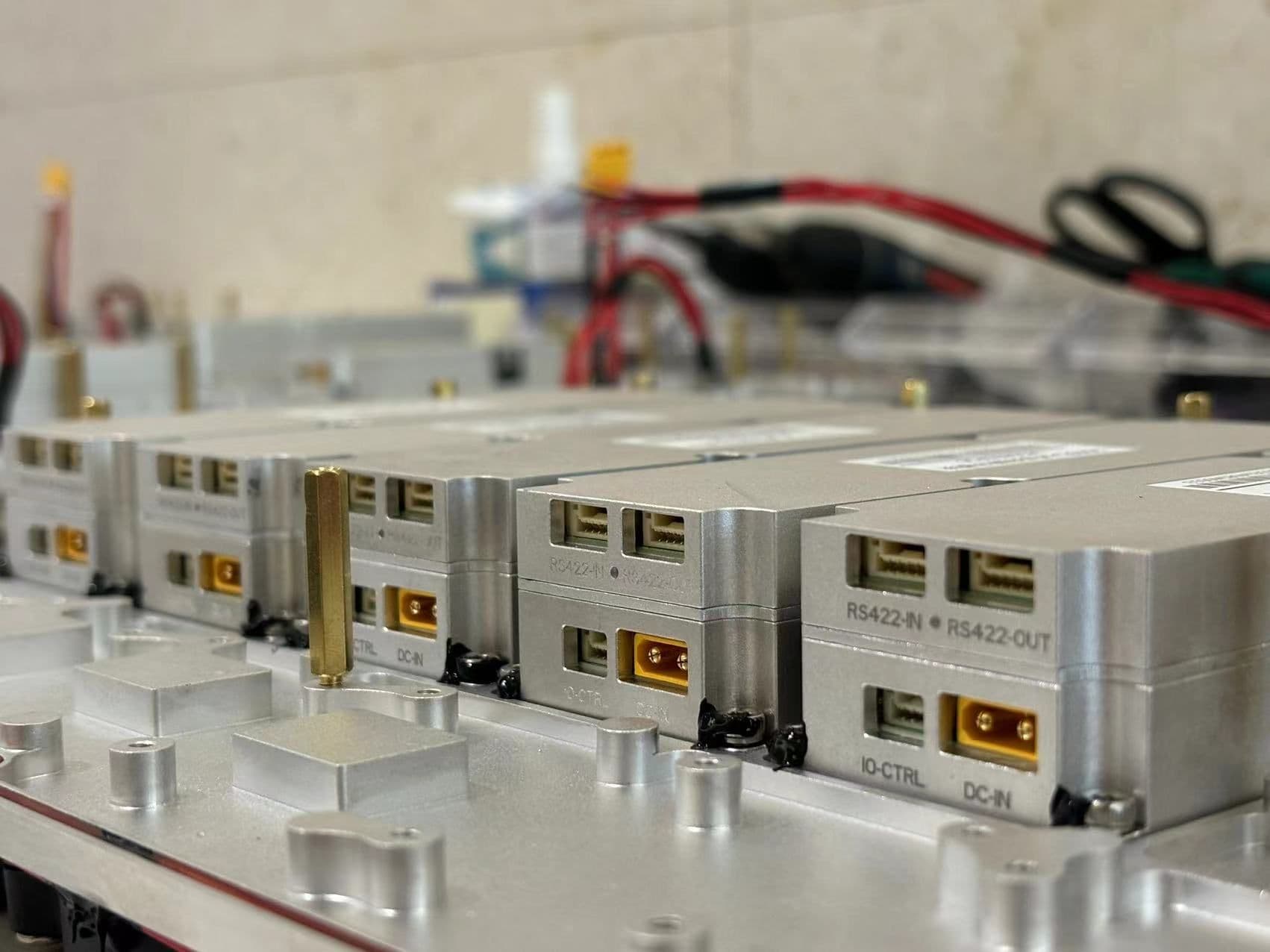
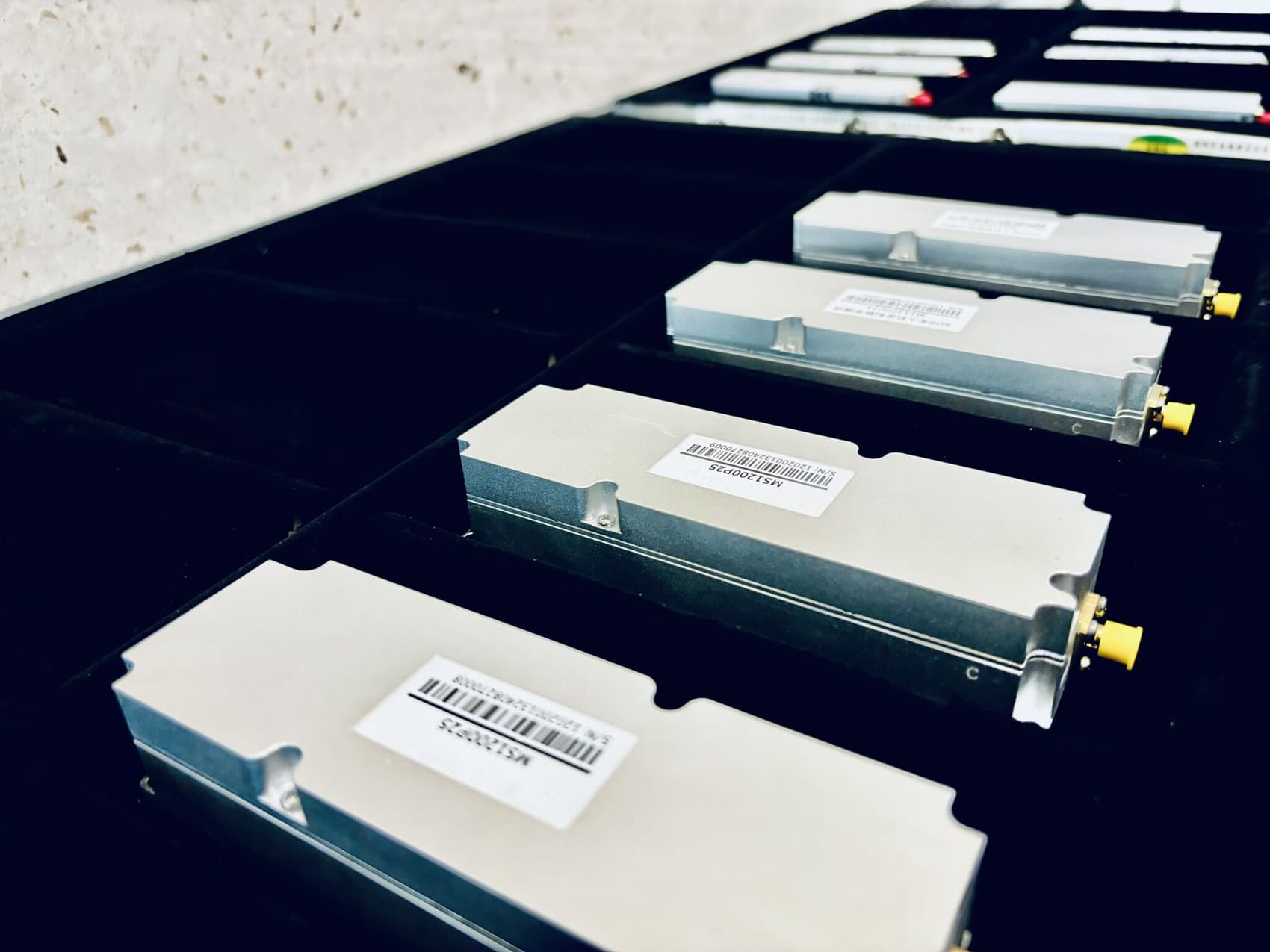
SDR Jammer Module Name Rule
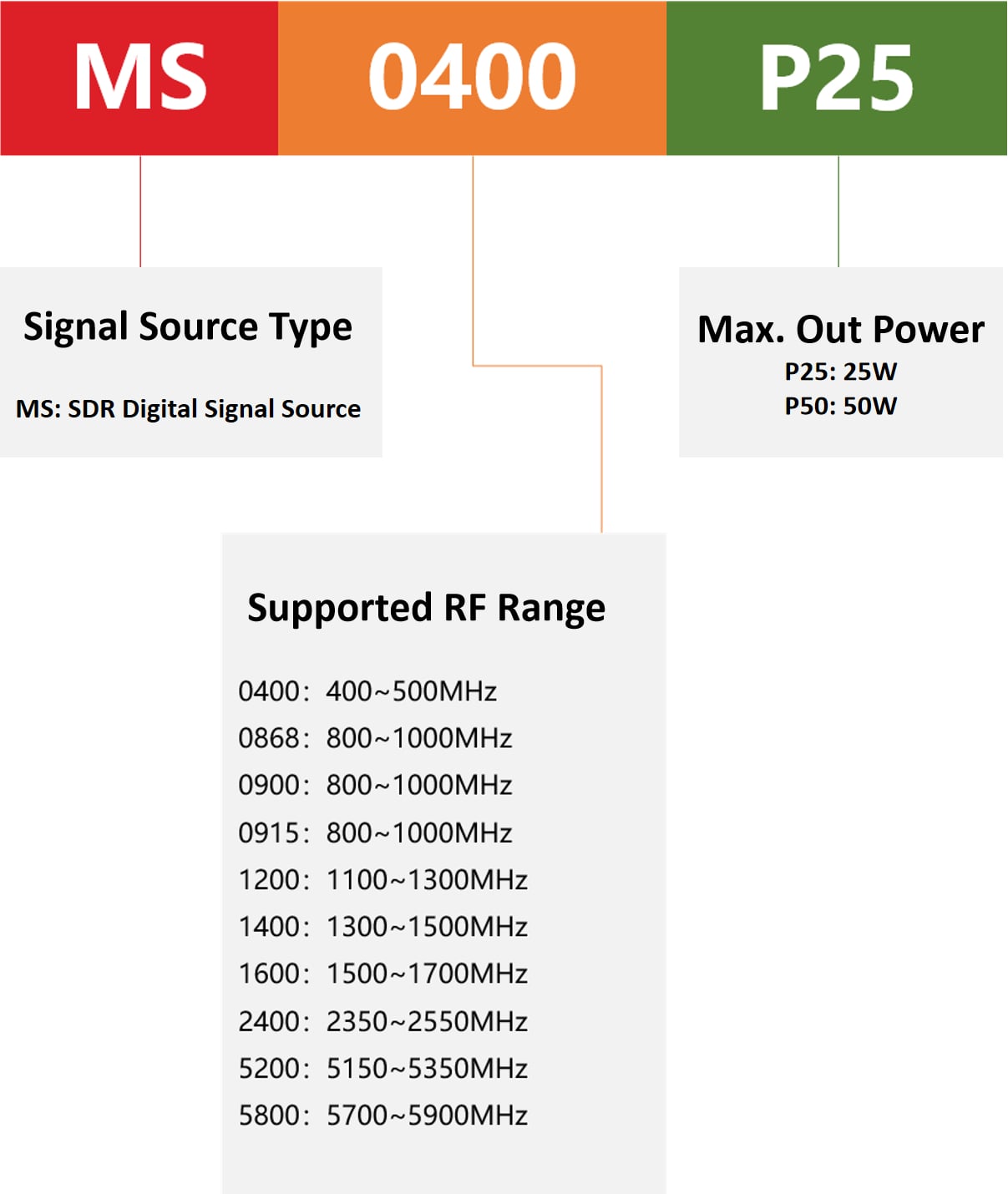
FAQ related to iSecus SDR Drone Jamming Module
Q1: What is the jamming performance difference between VCO Jamming and SDR Jaming?
Answer: Below is the comparison picture between VCO jamming and SDR jamming effect. Generally speaking, SDR Jammer can cover the entire frequency band to achieve blocking interference; it can also cover only a small part of the frequency band to achieve targeted interference, so that the energy is more concentrated and the interference distance is farther. Regardless of the interference method, all subcarriers of the OFDM signal being interfered can be interfered, and the bit error rate is close to 100%. Even with a strong error correction coding mechanism, it is difficult to recover data under such a large bit error rate. Therefore, SDR jammers can effectively interfere with drone data links.
Q2: Do you have coding for GNSS jamming, meaning BPSK coding?
Answer: GNSS Jamming is supported, and we use SDR technology instead of BPSK encoding.
Q3: Do you offer API for local control?
Answer: Yes, we will provide an API for communication through serial protocol. After successful docking, there is no need to use our application for operation.
Chat with iSecus on Whatsapp


